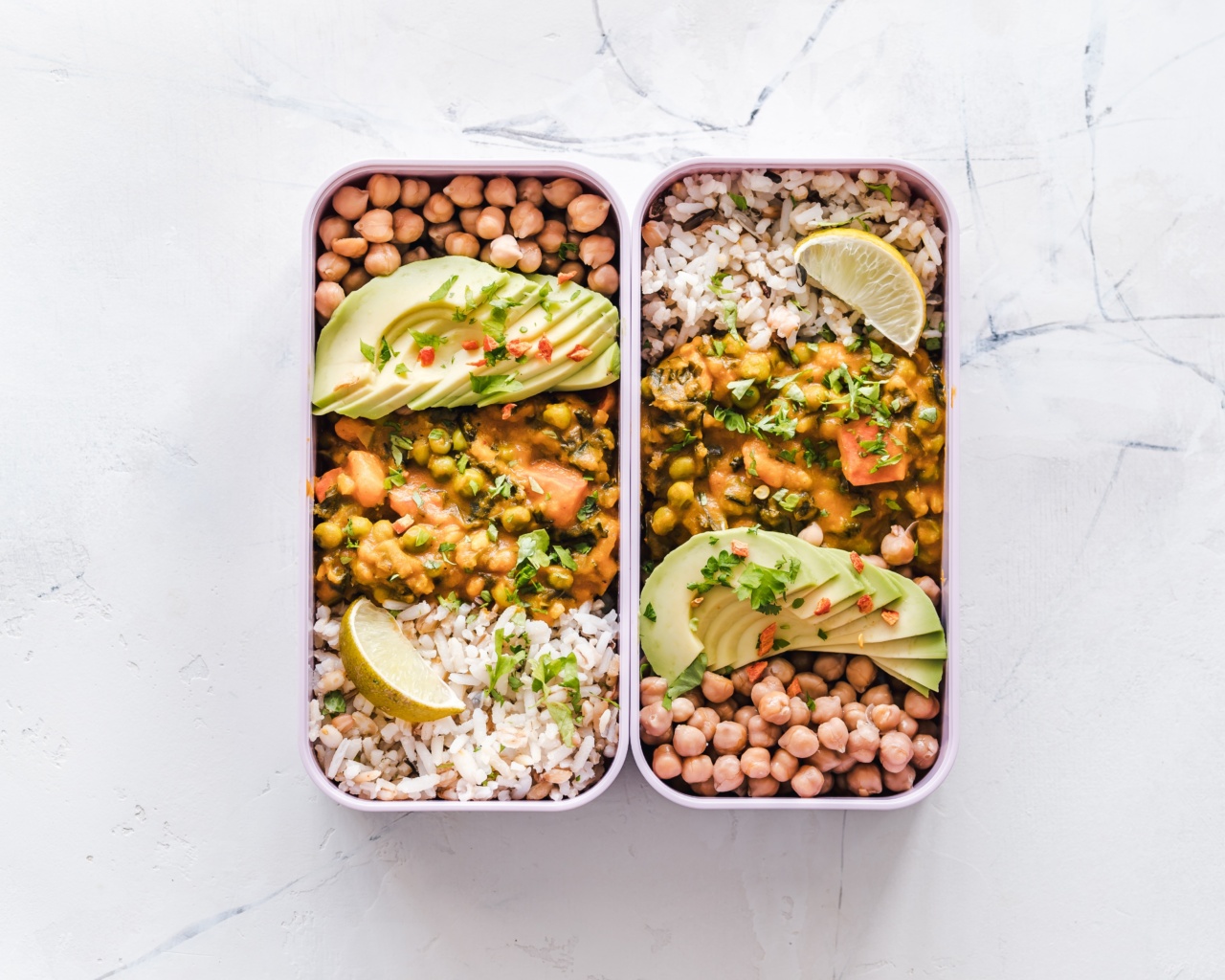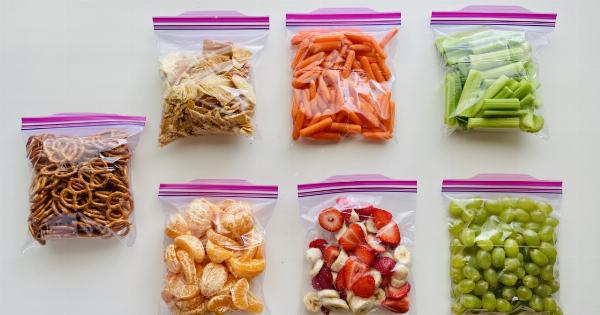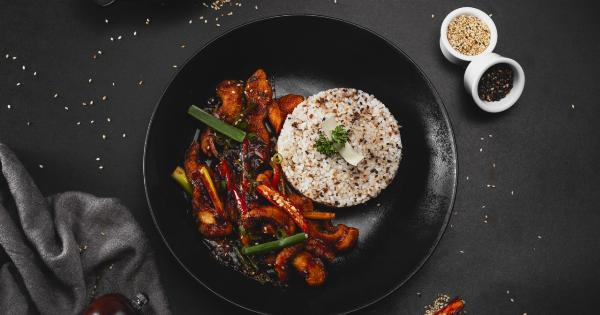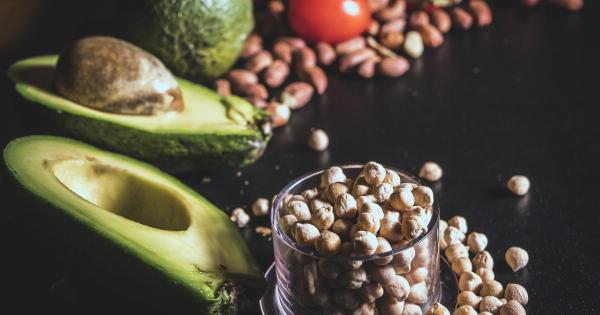Refrigeration is a great way to extend the shelf life of perishable foods and keep them safe for consumption. However, not all foods are meant to be refrigerated.
In fact, refrigerating certain foods can have a negative impact on their taste, texture, and overall quality. To help you make informed decisions about food storage, here are the top 9 foods you shouldn’t refrigerate:.
1. Tomatoes
Tomatoes are often mistakenly stored in the refrigerator, but doing so can cause them to lose their flavor and become mealy. The cold temperature of the refrigerator breaks down the cell walls of tomatoes, resulting in a mushy texture.
It’s best to store tomatoes at room temperature and consume them within a few days.
2. Potatoes
Refrigerating potatoes alters their starch content and turns them gritty and sweet. Instead, store potatoes in a cool, dark place like a pantry or cellar.
Keeping them in a perforated bag or open container will allow for proper ventilation, preventing them from rotting and sprouting.
3. Onions
Onions don’t do well in the chilly environment of the refrigerator. The moisture inside the fridge can cause onions to become soft and moldy. To ensure their longevity, store onions in a well-ventilated area away from direct sunlight, like a pantry.
Additionally, it’s best to keep them away from potatoes to prevent the potatoes from sprouting prematurely.
4. Garlic
Similar to onions, garlic prefers a cool and dry place with good airflow. Refrigeration can cause garlic to sprout, become rubbery, and lose its signature pungent flavor. Store garlic in a well-ventilated container in your pantry for maximum freshness.
5. Avocados
Unripe avocados should not be placed in the refrigerator as the cold temperature can slow down the ripening process. If you have unripe avocados, store them at room temperature until they are soft to the touch.
Once ripe, you can store them in the refrigerator to extend their shelf life for a few more days.
6. Bread
Refrigerating bread is known to accelerate the staling process. It dries out the bread, making it hard and unappetizing. To keep bread fresh, store it in a cool, dry place such as a breadbox or a pantry.
If you won’t be consuming the bread within a few days, it can be frozen for longer-term storage.
7. Honey
Honey has a long shelf life due to its low water content and acidic pH, which makes it naturally resistant to spoilage. Refrigeration can cause the honey to crystallize and become thick, making it difficult to use.
Keep your honey in a tightly sealed container at room temperature.
8. Coffee
Storing coffee in the refrigerator can lead to moisture accumulation and exposure to other food odors, resulting in a loss of flavor and aroma. Coffee is best stored in an airtight container in a cool, dark place, such as a pantry.
Avoid storing it near spices or other strong-smelling foods.
9. Melons
Whole melons, such as watermelons and cantaloupes, should not be stored in the refrigerator until they are cut. The FDA advises keeping whole melons at room temperature to maintain their antioxidants and nutrient content.
Once cut, you can store the melon in the refrigerator, tightly wrapped or in a sealed container, for a few days.
Remember, proper food storage plays a crucial role in maintaining the quality and taste of your favorite foods. By avoiding refrigeration for these 9 items, you can enjoy them at their best.
Take this list as a guide to make smarter choices in the future.






























